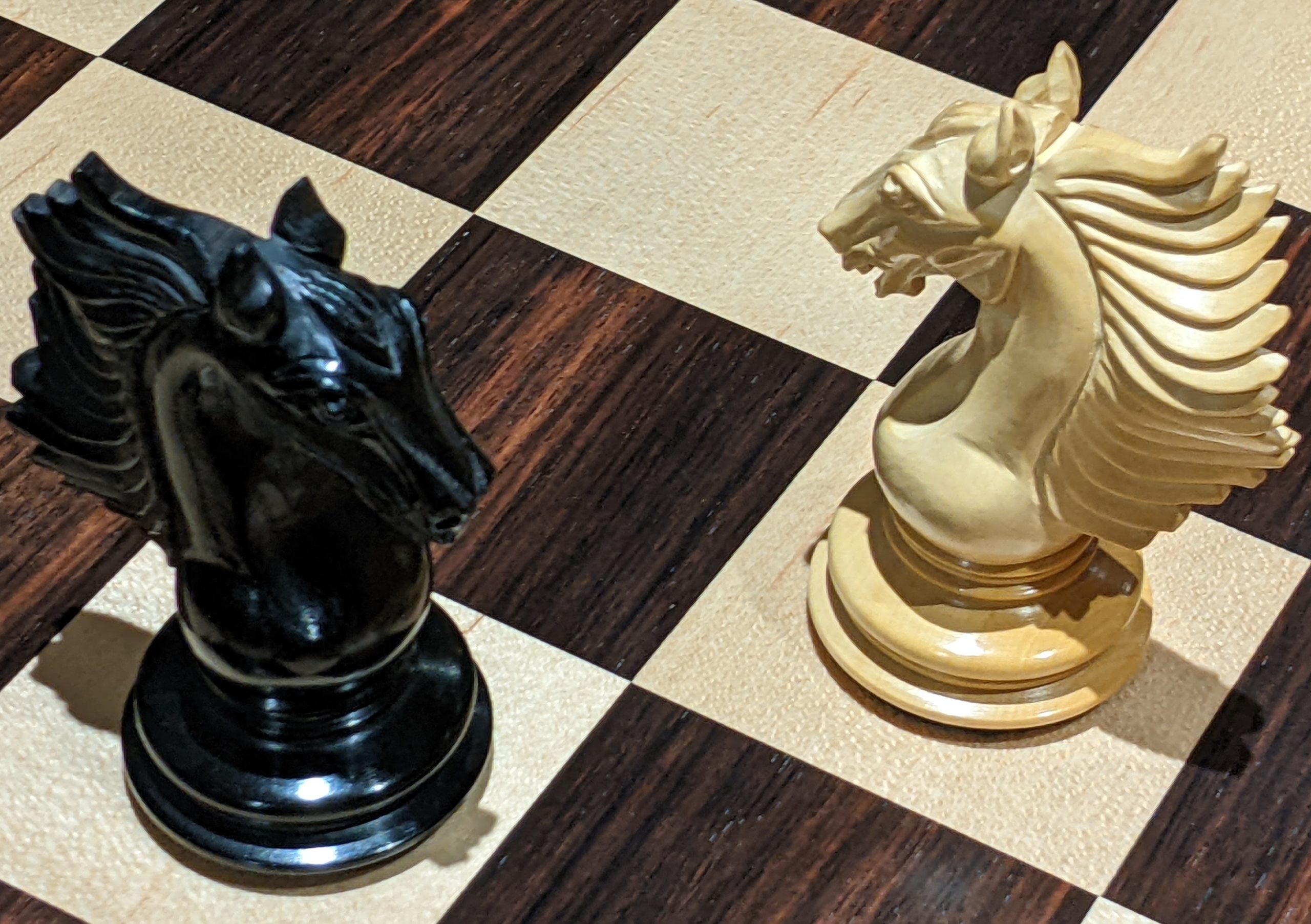Learning chess and then playing the game prepares young people with some vital life skills. To begin with, to learn how to play chess is not easy; rarely does a beginner advance to higher levels of ability that might occur with a natural golf swing or kicking foot.
The natural progression involves learning how to set the pieces up, how each piece moves and their individual worth. It is beneficial to get some kind of appreciation of what the aim is, many newcomers mistakenly believe it is to take as many of the opponent’s pieces as possible. Recognising the rules or structure in which the game is played does take time such is the depth of all the laws of chess.
At Bourne Chess Club we methodically guide our learners through 5 stages of progression, each with its own externally marked exam leading to a personalised certificate.
Beyond considering how to move and how to win, the game introduces to a youngster vital lessons such as learning how to lose gracefully and benefit from losing. Judging an opponent’s ability by their appearance is a common early error. Developing grit, perseverance and patience; as a new player will almost inevitably suffer many losses at the start of their learning path. Utilising that vital information of why the loss occurred will accelerate progression.
The game is rich in history and for those who are interested, offers a great insight into how different countries around the world have engaged in the game over hundreds of years and offers an intriguing profile of traits and characteristics of how people tend to play in different continents. It is fascinating that a game that starts off in the exact same position no matter where or who you play, can provide such complexity and unpredictable outcomes.
A youngster will get used to the etiquette of the game; shaking hands at the start while offering good luck, shaking hands at the end while either being gracious in defeat or generous with advice in success. The discipline that is required to play a game in an orderly fashion takes some getting used to – to not put off or distract your opponent, to remain still, to not instantly play the first move that comes into the mind, to maintain concentration for long periods of time, to maintain the abiility to think while under pressure, to double check for blunders prior to moving. Nobody would expect a youngster of 6 years to accomplish these skills instantly, but over time, they come to recognise the expectations.
Perhaps one of the most enjoyable lessons that youngsters learn about chess is its ability to deceive. It takes great skill to not only consider our own position and possible attacks, but also to accurately monitor the intentions of our opponent. It is wonderful to discover how a game can flow in one phase, and yet dramatically twist and turn in another phase. The realisation of the power of pins, skewers, forks and other such tactics is very pleasing to discover. A wonderful lesson for the surprises of life.
As a young player progresses they inevitably start to play matches in more formal settings of organised tournaments. Often they will gain a sense of pride in representing a chess club as a team but can also enter events as individuals where they try to increase their chess rating, collect trophies and win prize money.
Playing the game of chess will foster in a child a sense of belonging, where other members in a club support and guide, encourage and praise, and offer in a friendly environment comradeship which is quite particular within chess circles.
At Bourne Chess Club we would recommend to come along to our Juniors evening first of all on Tuesdays 6.30-7.30pm. Our chess pupils are provided with their own training pack to help them remember key ideas. It is a friendly and fun environment where we mix puzzles, drills, theory and practical chess to help keep our juniors motivated, enthusiastic and able to start seeing the many benefits that chess can offer.

